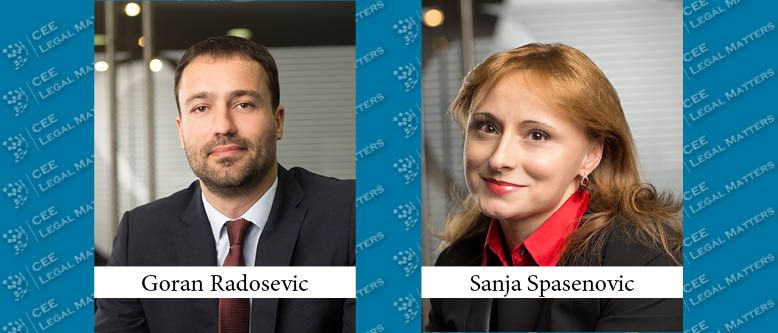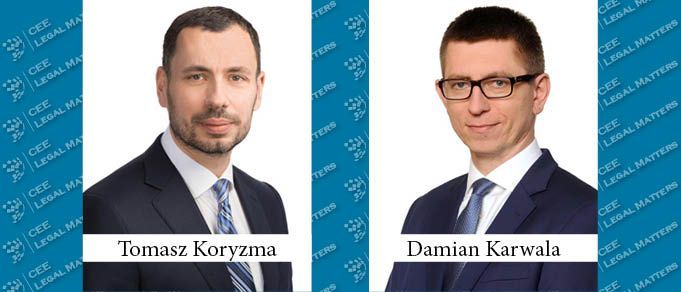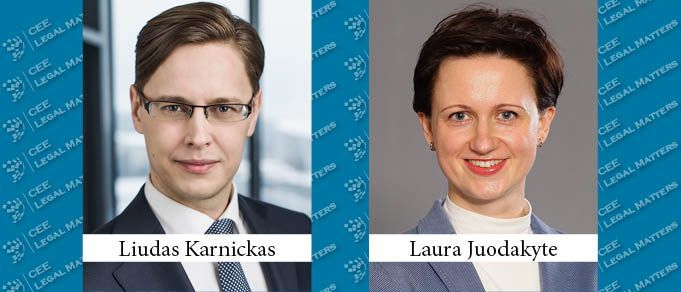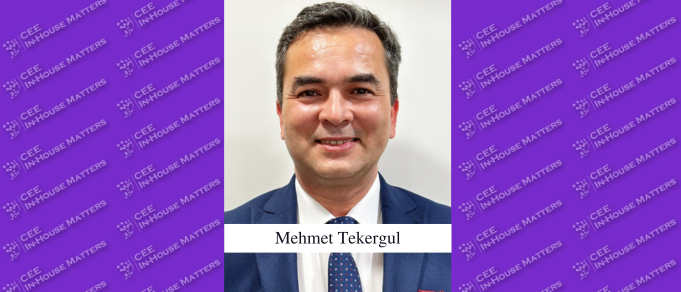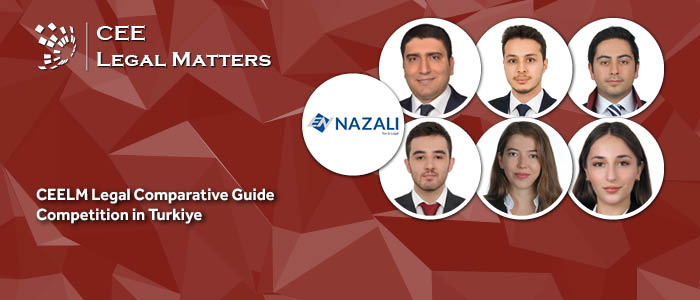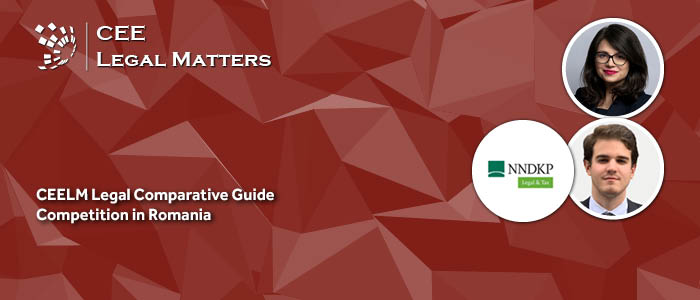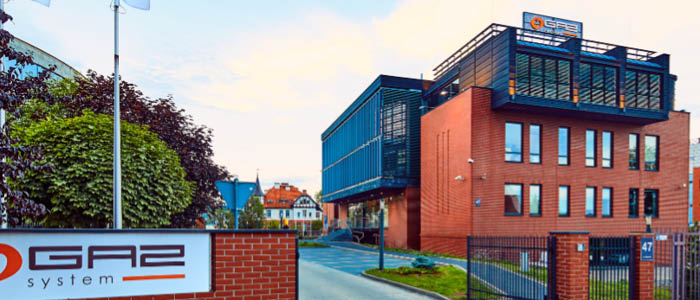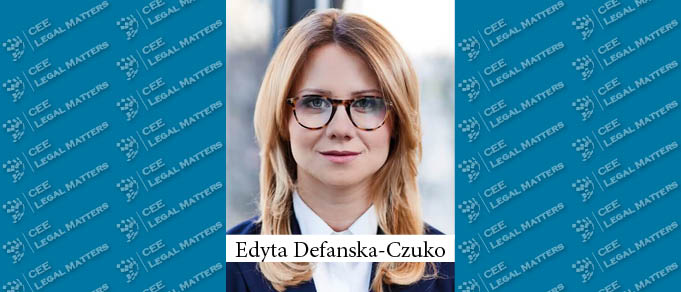Looking back on the first five months of 2020, three data processing topics in Croatia deserve attention, if for nothing else than their historical value. Data Protection – particularly finalizing the EU’s e-Privacy Regulation – has been identified as among the priorities of the Croatian Presidency of the Council of the European Union. The Croatian Personal Data Protection Agency (AZOP) publicized its first administrative fine against a bank for denying its clients the right of access to their personal data. And, if you were hoping this article would skip the ubiquitous COVID-19, no such luck: data processing issues and guidance amid the pandemic is the winner of our mini chart.
Hungary: (Over)Regulating Artificial Intelligence in the EU
In February, the EU Commission issued its new White Book on Artificial Intelligence – a European Approach to Excellence and Trust. The White Book is the prelude to a new EU regulatory framework for AI that aims to minimize the risks of AI and seize the opportunities it offers.
Connected Cars in Bulgaria: Exploring the Legal Pitfalls
There were more than 2.7 million vehicles in Bulgaria in 2018, 319,639 of which were newly registered. Yet it appears that such figures, even in a country with a population of less than seven million, don’t necessarily create an opportunity for the development of connected car services. Why aren’t connected cars more significant and widely-used in Bulgaria?
Data Breach Notification Obligations in Serbia - Sector Specific or Generally Applicable Obligations
At the moment, there is no generally applicable obligation to report a personal data security breach in Serbia. This type of obligation is currently envisaged only by certain sector specific laws such as the Law on Electronic Communications.
Storing and Processing Personal Data for E-Commerce Companies Under Turkish Law
In the last ten years, e-commerce has become the most important platform of today’s consumer habits, becoming a major competitor to both retailers and their suppliers. As a result, many giant retailers are now directing their investments towards e-commerce activities.
Poland Prepares Itself for 5G Technology
5G technology is the next stage in the development of wireless telecommunications networks. Thanks to much quicker data transmission speeds and fewer delays, this technology will make it possible to offer new quality services both for public uses such as smart energy grids, transport systems, and smart cities, and for private uses such as autonomous and automated vehicles and smart homes. Also, given the greater number of devices operated by one network unit, 5G will provide for better configuration options, making it possible to offer different services to a large number of users within one infrastructure. This distinguishes 5G technology from the technologies available today, where the activity of one user has an impact on other users and reduces data transmission speed.
The Forgotten Privacy-by-Design Will Not Forget You
Although the General Data Protection Regulation 216/679 (the GDPR) has been in force for more than a year, the concept of data protection by design (Art. 25) is still largely underestimated and insufficiently implemented into software products and their development processes in Lithuania. Developers of data-rich technologies still disregard or misinterpret this duty despite its business benefits. This is especially true for new technological products which strive for steady and continuous increase in user numbers but lose their grip with user privacy on the way.




